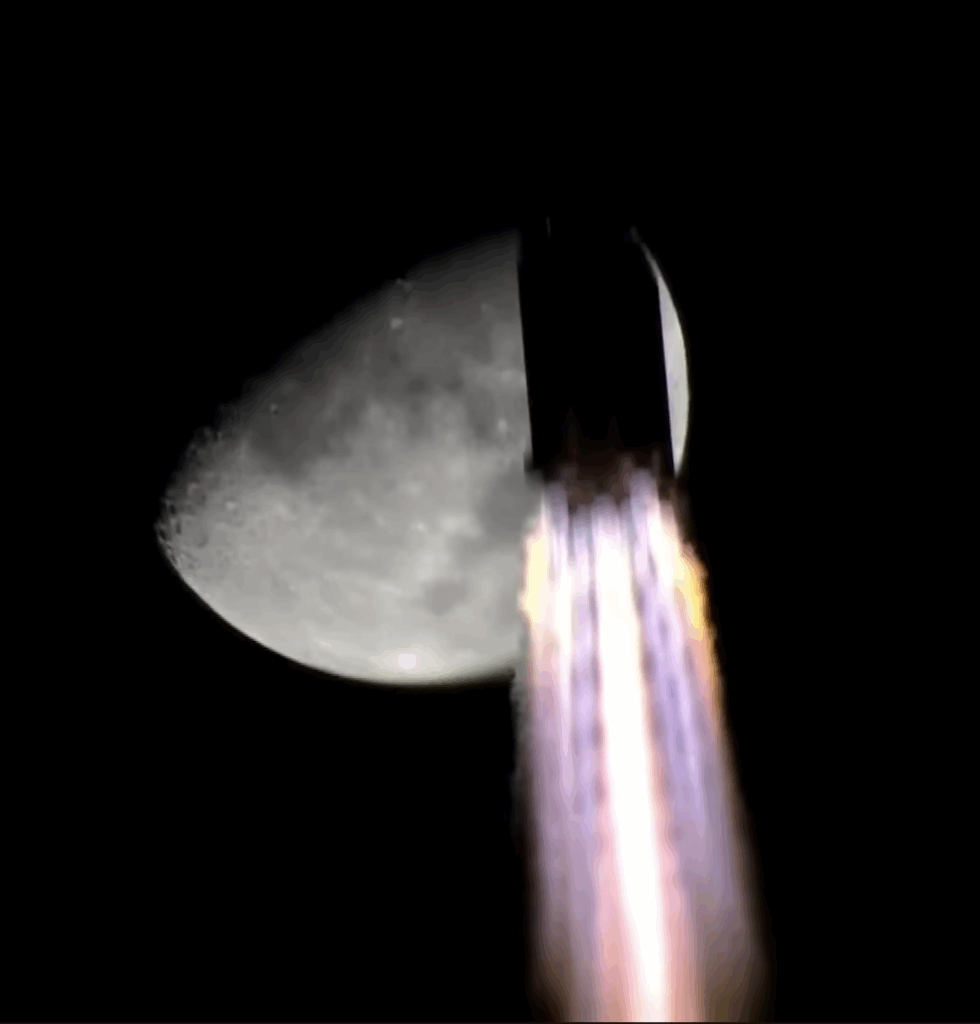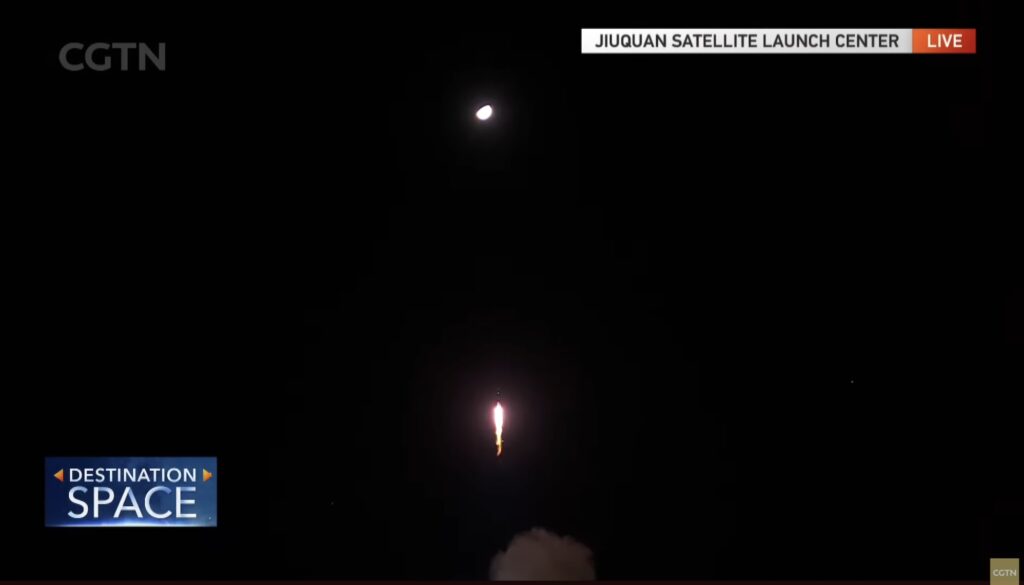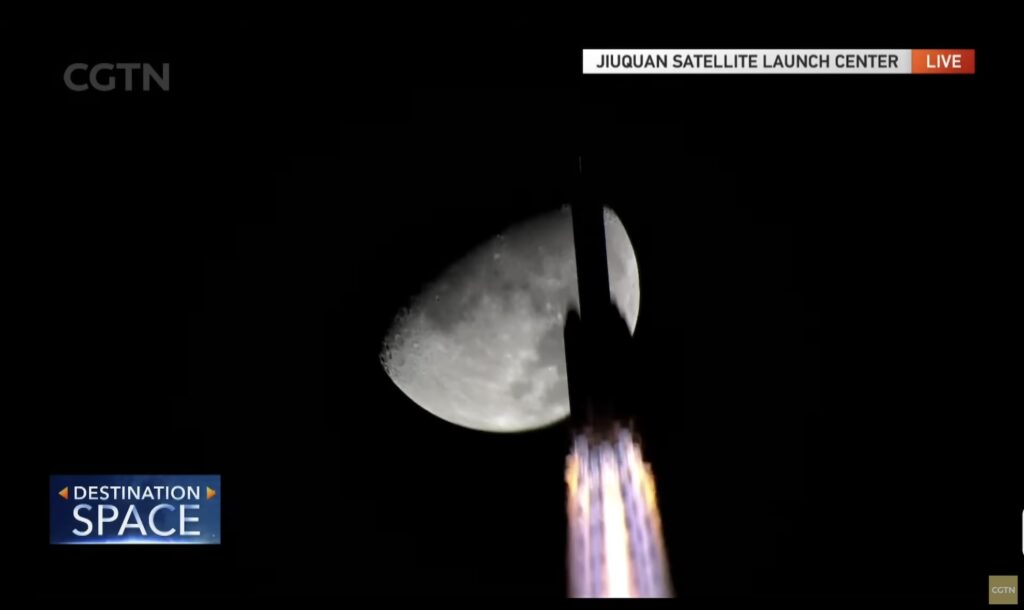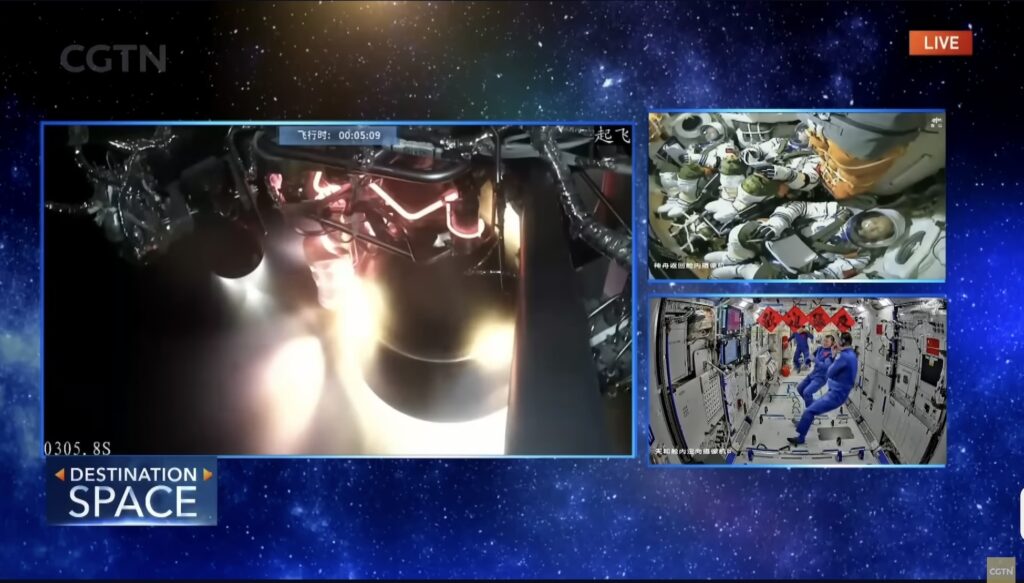One of the many success stories coming out of the Graphene Engineering and Innovations Centre at the University of Manchester is the story of Dr Vivek Koncherry and his business, Graphene Innovations Manchester. He arrived in Manchester in 2001 to study Textile Technology and completed his undergraduate studies and PhD in Manchester, with his doctoral research sponsored by Bentley Motors.

To date, his projects include sustainable cement-free concrete, hydrogen tanks, graphene-based cooling liquid for data centres and space-based human-rated habitats.
Originally from the Indian state of Kerala, he now maintains a global presence, living in Dubai, Saudi Arabia, Miami and Manchester.
Today, his company, Graphene Innovations Manchester, is raising £250 million to devlop industrial-scale plants equipped with AI Robotics and automated weaving machines to coat carbon fibres with nanomaterials continuously. These materials will then be used for real-world applications.
A sort of Back to the Future – a twenty-first-century equivalent of the 18th-century weaving cottage industries that kick-started the industrial revolution in Manchester.
Podcast: Play in new window | Download (Duration: 38:12 — 30.6MB) | Embed
Subscribe: Apple Podcasts | Spotify | RSS | More






